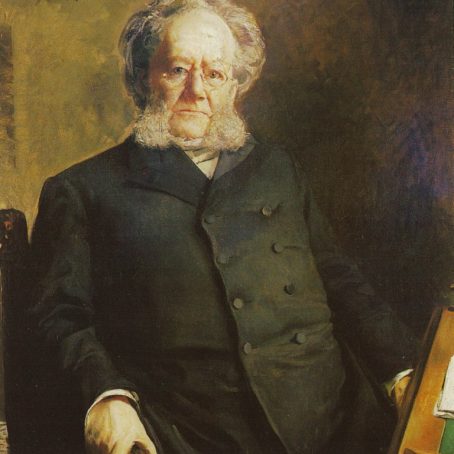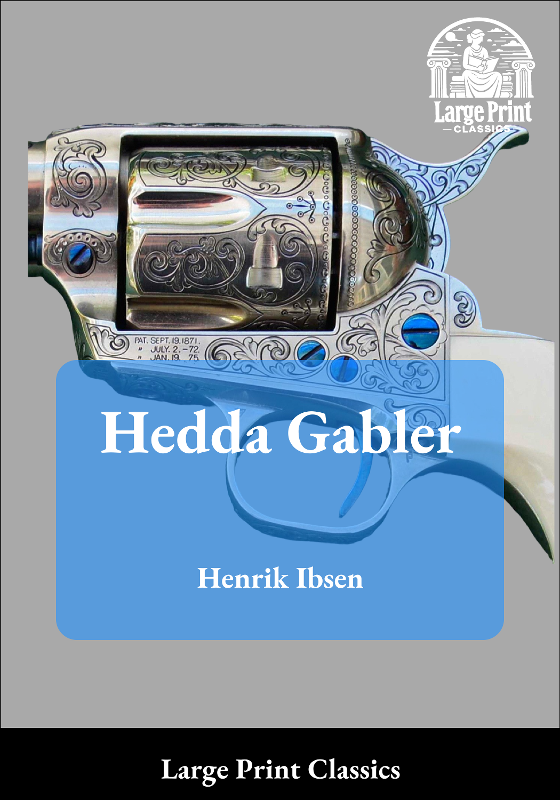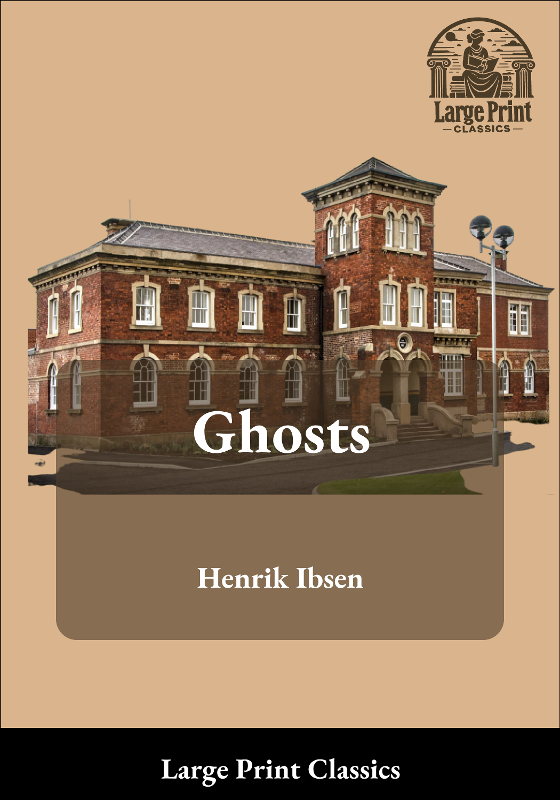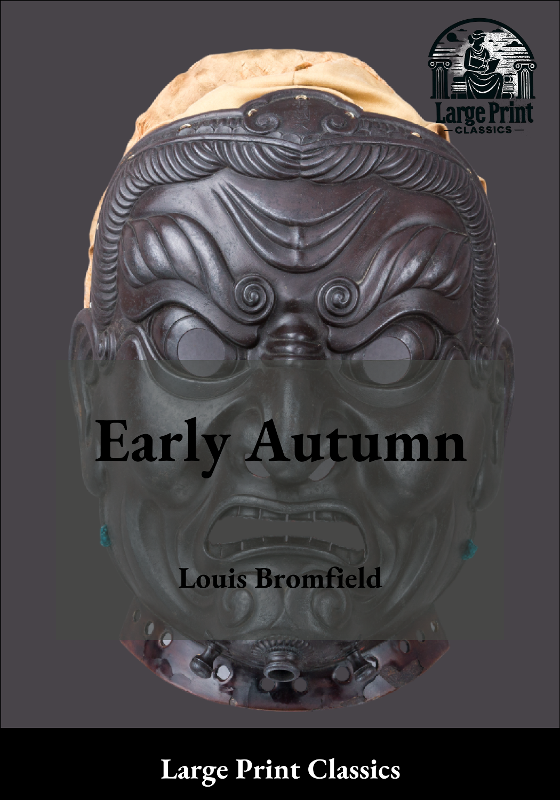
Henrik Ibsen
Biography and Books
Biography
Henrik Ibsen (1828-1906) was a pioneering Norwegian playwright and poet, often referred to as the father of modern drama. Born in Skien, Norway, Ibsen faced a challenging childhood marked by financial struggles after his father’s business failed. This early adversity would later influence his writing, as he explored themes of individualism, societal constraints, and moral dilemmas. He began his literary career as a poet and playwright, but it was his groundbreaking works in the late 19th century that established him as a leading figure in the world of theatre. Ibsen’s plays, such as “A Doll’s House,” “Ghosts,” and “Hedda Gabler,” challenged the conventions of the time, addressing issues like gender roles, hypocrisy, and the complexities of human relationships.
Ibsen’s innovative storytelling and character development paved the way for future generations of playwrights and significantly influenced the evolution of modern theatre. His works often featured strong, complex female characters who defied societal expectations, a theme that continues to resonate with audiences today. Ibsen’s keen observations of human nature and social dynamics, combined with his masterful use of dialogue, established him as a crucial figure in the literary canon. His legacy endures, as his plays are still widely performed and studied, reflecting the timeless relevance of his exploration of the human condition.


